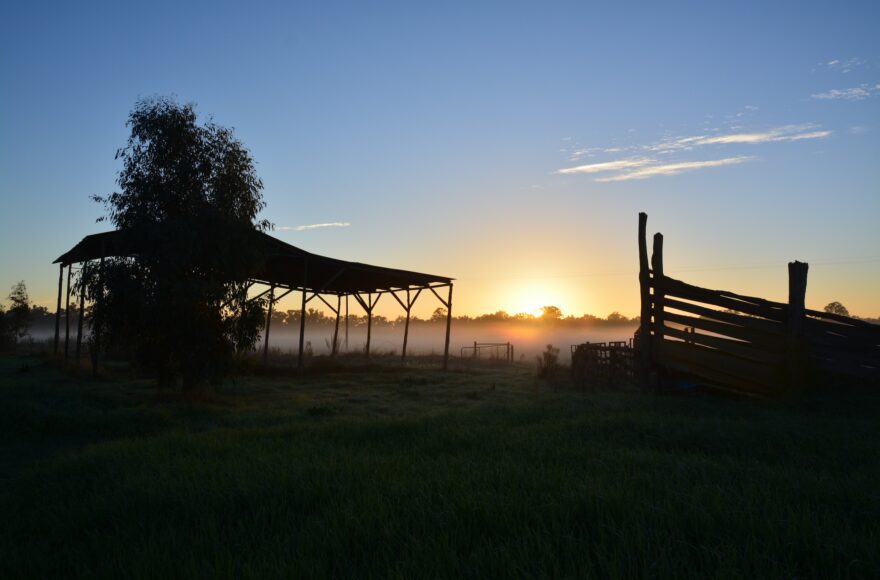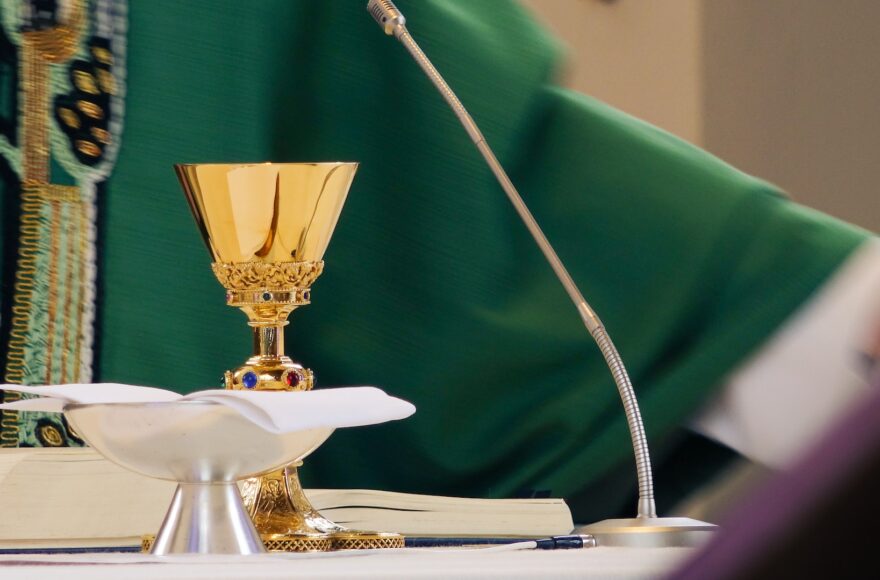Australia, here cometh my father

“Teresa, you know I leave for Australia in the morning?”
My mother looks at my father. The departure had been planned for a while. My father’s cousins in Australia had been informed, letters exchanged, and a network of family was waiting for his arrival.
My uncles, aunties, and cousins, all in all, made up most of the village through sheer numbers and had also been told. They feigned shock and offered their best wishes for the trip and hoped my father would return soon.
“Escape” from the village was a rare event. Few left. A large gathering had been organised, and now it was time just to wait for the anchor to be lifted on the “Roma” and for the departure to be complete.
Pietro was going to “Ameriga”. My grandfather had gone to the real America in the early 20th Century, before the First World War. New York had not been very accommodating or welcoming, and he had returned.
Ameriga was any place that, at the time, was richer than Sicily. In the late 1950s, that would be quite a long list. So Australia was Ameriga. A land where gold flowed in the streets, and all that was required was to stoop down and pick it up.
My father’s cousins, three brothers who had alighted for Australia a few years earlier, had become potato farmers at a time when the potato currency was as high as it would ever get (it dropped dramatically the day my father arrived).
Anyone who remembers the Italian Lira before the Euro took over will know it required a lot of Lira to buy anything. There’s a chat captured on a travel site around the year 2000 that discusses an exchange rate for the Italian lira of approximately 2,000 lira, being equal to $1 USD.
Just so that is actually clear, if you exchanged $1 (ONE) USD, you would receive 2000 lira.
At the time of my father’s departure, Europe was still recovering from the destruction of the Second World War. Germany, though it is, at the time of this writing, the strongest economy in Europe, it was then culturally and economically a basket case. Britain had food stamps well into the 50s.
My father, at the time, earned 3 to 5 lira a day. My mother earned more through the General Store, which had been started by my grandmother. To the surprise of her family, my mother seemed natural as a businesswoman. And more to the point, she loved doing it.
It would not have been at all edifying for a man in the 1950s to be bettered by his wife. His mother-in-law and my mother’s siblings were not kind. Even so, they had offered help, but my father, like always, had been too proud to accept. He would find his own way, he said.
He looked to find Utopia in Ameriga. Ameriga was Utopia.
He would return a rich man and show these people the man and provider he really was. It just took hard work, which was the one thing my father was truly good at.
He would show them.
He would show them.
He would show them.
It was this “plan” that brought us to the night prior to his departure.
My brother Angelo was sleeping. He was 7 years old. My parents had been married 13 years and still only had one child. Only one in possibly the most fertile country on earth at the time. It was another indignity for my father.
“You know, Pietro, you don’t have to leave. What is to become of Angelo and me.” My mother, quite understandably, is concerned.
“I have had enough, Teresa. Your family is always putting me down, laughing at me, saying I am not good enough.”
“Pietro, they are my family.” My mother’s voice becomes a whisper. She is trying to suppress my father’s growing agitation, which is always ready to erupt when he talks of her family.
“Pippo, my brother, has said he could help. Turido, has said you could work the fields with him. Why do you have to go so far away? And so expensive.”
“Because that is where Ameriga is, Teresa. I will soon return. We’ll be okay. And I will show them. Of course, I could work for your family. They would love that. Love to treat me like a slave, a servant. “
“Pietro, please, they are my family.” Almost in tears. “And I will be a woman alone here with just Angelo.”
“Don’t worry, I will send back enough money to look after you and Angelo. There will be plenty.”
My mother starts to cry. Tears roll down her face. She had been 16 when she married. She hadn’t had time to develop dreams of what her life would be like of what awaited her. But she had never imagined this.
My father’s voice quietens. “Let’s go and get some sleep. Tomorrow is the start of our new life.”
My father left for Australia the next day. And I was born 9 months later. My father never sent any money back to his family. It would be three years before his family had saved enough to join him in Australia. It would be more than 20 years into the future before my father would return.

